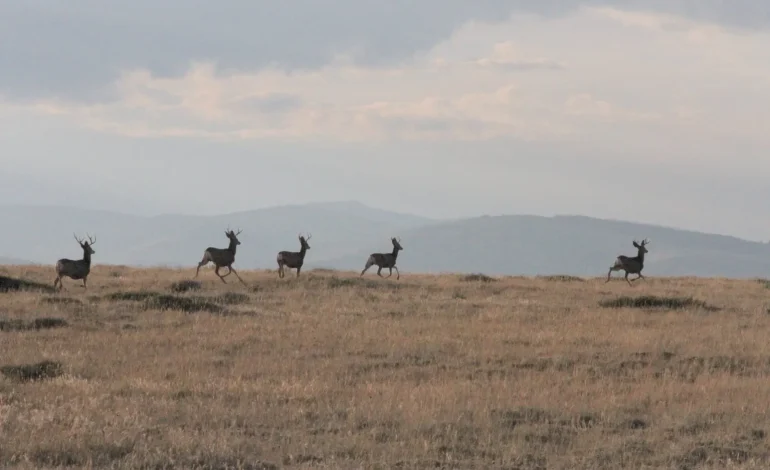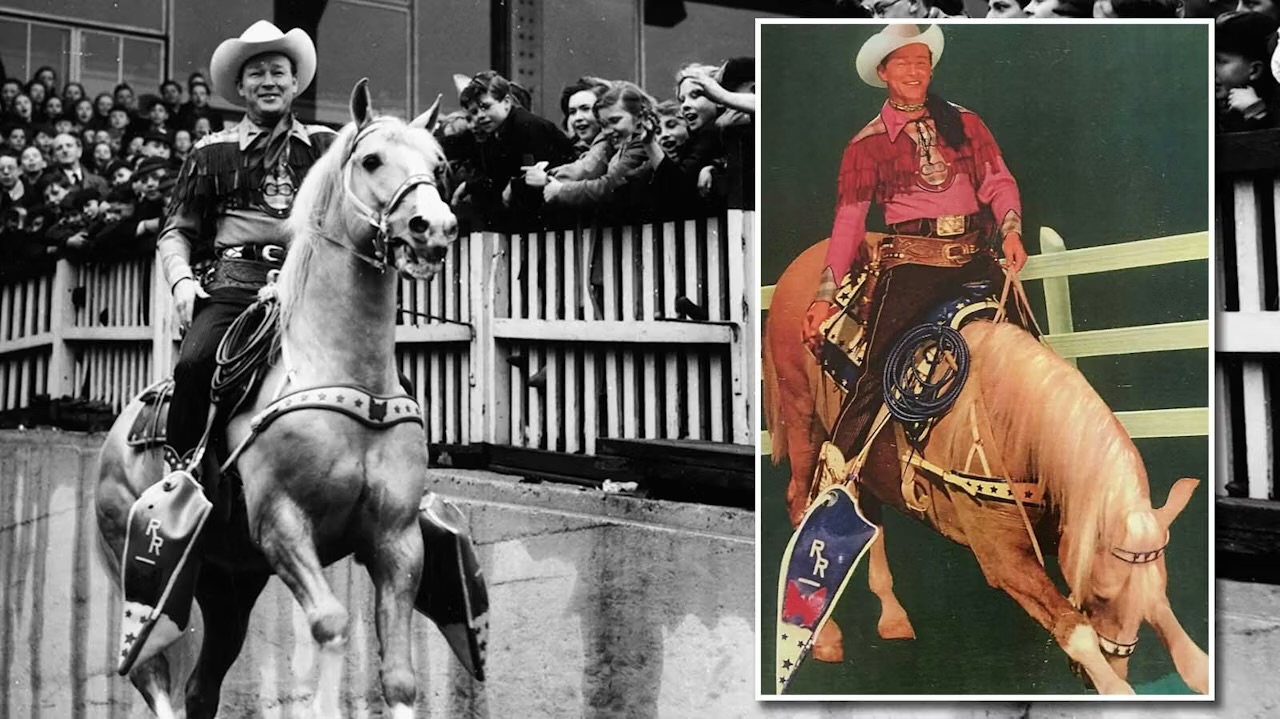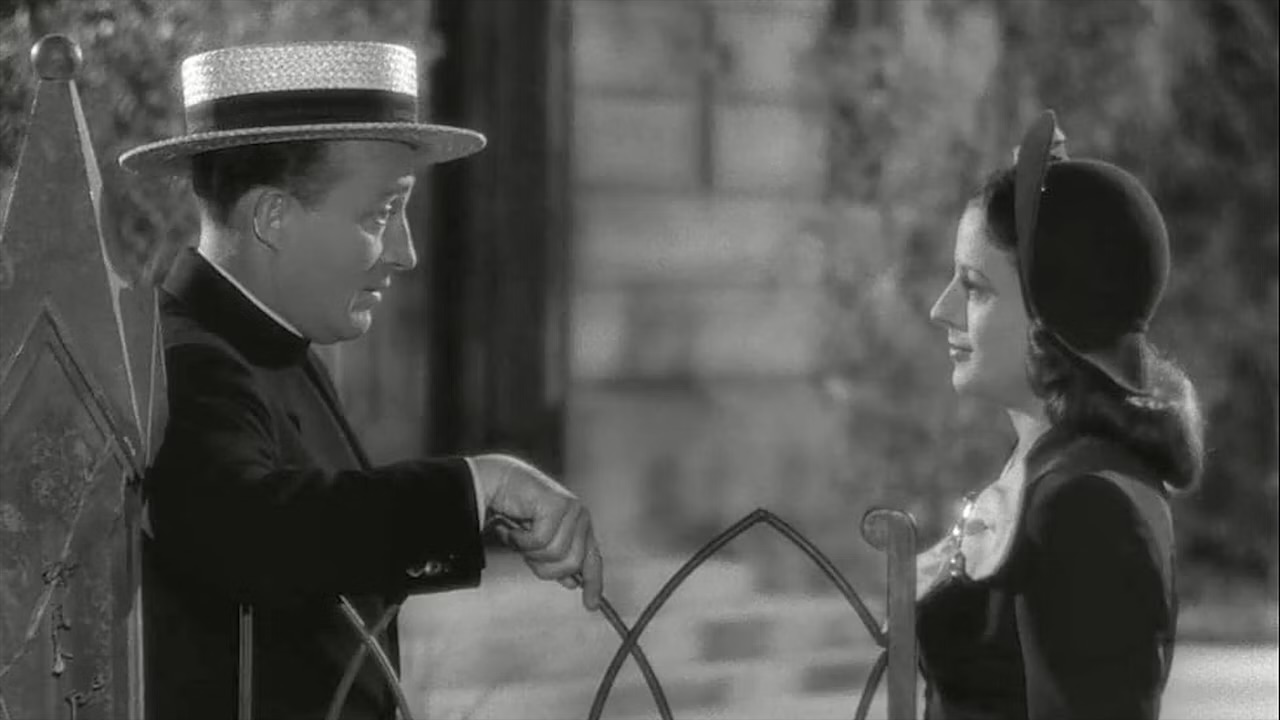Wyoming Reconsiders Hunting Tag Reforms Amid Public Backlash and Legislative Debate

Wyoming officials have backed off a proposed overhaul of the state’s landowner hunting license system following strong public opposition and growing scrutiny from lawmakers, WyoFile reports.
Originally aimed at curbing advantages some landowners enjoy under current regulations, the changes were reconsidered after a wave of public feedback and legislative discussions raised concerns about fairness and access.
The Wyoming Game and Fish Commission is now devoting an unprecedented seven-hour session at its upcoming Casper meeting to revisit the topic. The agenda reflects heightened public and political interest in a complex issue that has long drawn criticism from rank-and-file hunters, many of whom struggle to obtain hunting tags due to the volume set aside for landowners.
Under current rules, landowners who meet certain acreage and wildlife-use criteria can apply for special licenses before the general pool is made available to the public. This system, in place since 1949, was designed to recognize the role private property plays in supporting big game species such as elk, deer, pronghorn, and wild turkeys. However, concerns have grown that in some hunt areas, landowners receive a disproportionately large share of available licenses—leaving few opportunities for other hunters.
The now-withdrawn reform package had proposed stricter eligibility rules. Among the key changes were raising the minimum acreage from 160 to 640 (with exceptions for cultivated land), increasing the number of required “animal use-days” from 2,000 to 3,000, and requiring landowners to have a significant ownership stake in the property. Public response was swift and largely negative: of 380 written comments submitted to the Game and Fish Department, approximately 70% opposed the reforms.
Faced with the backlash, the department has since reversed most of its recommendations. Game and Fish spokesperson Amanda Fry emphasized that while the agency can suggest policy, final decisions rest with the Commission.
“Ultimately, it’s up to the commission what happens,” Fry said.
One modest change remains on the table: a broadened definition of “immediate family member” that would allow step-relatives to qualify for landowner tags, potentially benefiting blended families.
Much of the momentum for reform originated with the Wyoming Wildlife Taskforce, a group tasked in 2021 and 2022 with examining high-priority wildlife policy issues. During its meetings, the taskforce raised concerns about landowners subdividing properties into 160-acre parcels to increase tag allocations for friends and family, further diluting opportunities for the general hunting public.
The issue has also attracted the attention of state lawmakers. In the 2025 legislative session, Sen. Laura Pearson (R-Kemmerer) introduced a bill—Senate File 118—that would have permitted landowners to sell their tags on the open market. Although she later withdrew the bill, the concept of making tags saleable has continued to circulate in interim committee discussions, generating heated debate and concern among hunting advocacy groups.
At a June legislative committee meeting, Natrona County rancher Dave True proposed allowing landowners with at least 2,000 acres to sell tags under specific conditions. The same idea surfaced in another committee later that month, sparking intense discussion, according to local news reports.
Rusty Bell, a Game and Fish commissioner and former co-chair of the Wyoming Wildlife Taskforce, suggested that while the Game and Fish Commission has a role to play, meaningful and durable solutions may ultimately come from the state Legislature. He also acknowledged the volatility of the issue: “It will change the landscape of hunting in Wyoming forever,” Bell said, referencing the strong opposition voiced by hunters to the idea of commodifying access to wildlife.
The original story by at WyoFile.









The latest news in your social feeds
Subscribe to our social media platforms to stay tuned